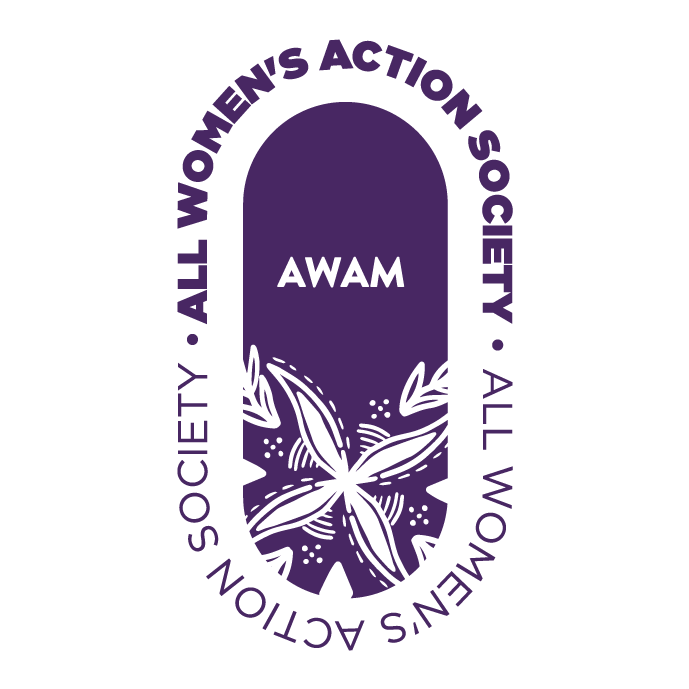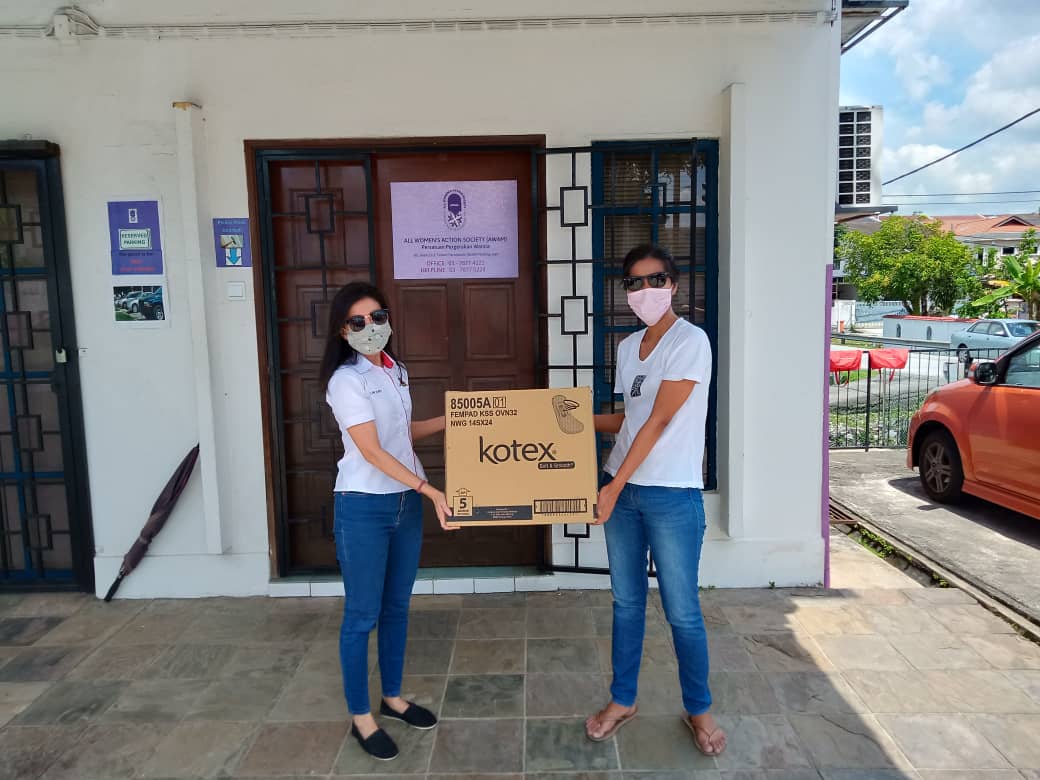Despite the swift response by NGOs, followed closely by the government through the Bantuan Prihatin Nasional to support those in need of aid during the MCO, some essential items do not make the list.
The sanitary napkin is the marginalized essential item of the Movement Control Order (MCO). Ironically, as the public is constantly reminded to practice proper hygiene to minimize the risk of COVID-19 infection, menstrual hygiene gets lost in the background and period poverty is potentially increased. Period poverty is defined as a menstruating person’s inaccess to safe and hygienic use of sanitary menstrual goods.
“This means that there are women and girls in Malaysia who do not have enough or no sanitary napkins to use when they have their periods. With the MCO in place, some households are earning less – and in some cases – nothing at all, as salaries are cut and jobs, especially for daily wage workers, are terminated. With less money to go around, the silent “need” for sanitary napkins often goes unheeded.”
“This is what usually happens when one does not incorporate gender sensitive strategies in response programmes and usually you only realise the gap during implementation,” said Nisha Sabanayagam, Programme and Operations Manager for the All Women’s Action Society (AWAM).
“Despite some people still being left out, much has been done to ensure that as many people as possible get their most important needs met, such as rent, food, electricity and water. Unfortunately, most of such aid is not viewed through a gendered lens and as a result sanitary napkins, along with baby diapers, often do not make the ‘essential’ list, when they are in fact, ‘inevitably essential’ ”.
For the B40, this means that they would have to purchase sanitary napkins or menstrual pads on their own or make do with DIY pads, which do not always do the job well. With this in mind, AWAM is working together with Kampung Tunku ADUN, YB Lim Yi Wei to distribute sanitary napkins to those in urgent need. AWAM will be contributing 500 pads which had originally been donated to AWAM by Kotex Malaysia (Kimberly-Clark Trading (M) Sd. Bhd) to be given out at their 35 Years’ Anniversary Dinner which has since been postponed, due to the Covid 19.
“It seems that not many aid givers are focusing on the need for sanitary napkins, and as a result, there is a gap to be filled. We have the means and the support to fill that gap, “ said Yi Wei. The Kampung Tunku ADUN will be distributing the sanitary napkins to those who need them in the DUN Kg Tunku area, which comprises of SS1, SS2, SS4, SS9A Kg Baru Sg Way, Section 20, Section 21 and Section 22.
Our strategy in this crisis is to be as inclusive, participatory and gender-sensitive as possible, so that we can help as many people as we can, said Yi Wei.
“Everyone has the right to live in dignity, during the MCO, including women and girls without being in constant fear of their period or feeling ashamed of their bodies,“ said Nisha.
Period poverty is not a new issue to Malaysia. Women and girls have been using coconut husks, newspaper sheets, and banana leaves to name a few, in the place of a sanitary napkin.
The costs of Sexual and Reproductive Health and Rights (SRHR) is higher for women as compared to men. Financial and social costs of menstrual hygiene, pregnancy, and contraception (some examples of SRHR) cost women more than men, even though it is a health good. In this case, period poverty results in girls being absent at school when they are on their periods (approximately 50 days in a year) which can eventually lead to dropping out of the education system, and the increased risk of reproductive and urinary tract infections. At the moment, more research needs to be conducted in order to properly understand period poverty in Malaysia.
Issued by:
All Women’s Action Society (AWAM)
8 APRIL 2020


